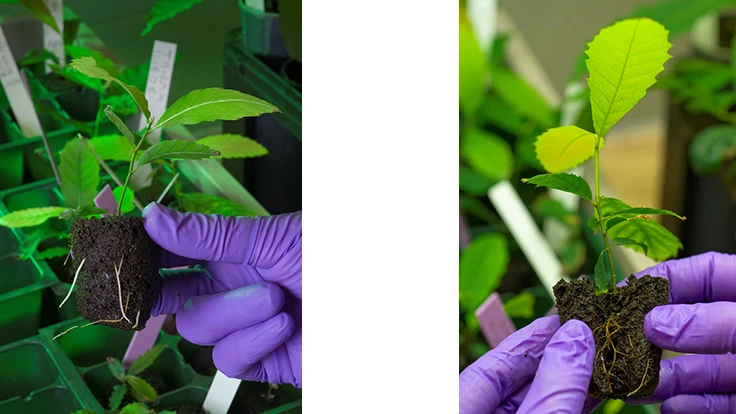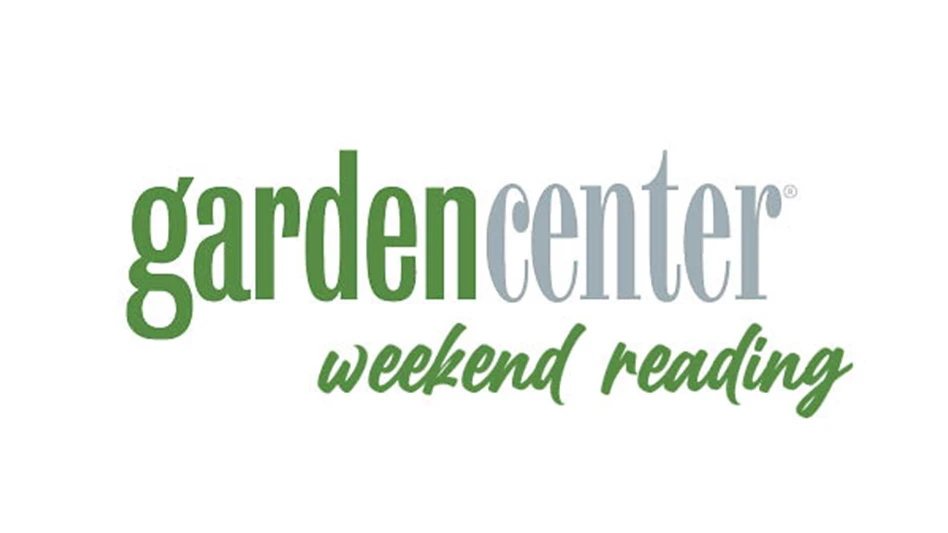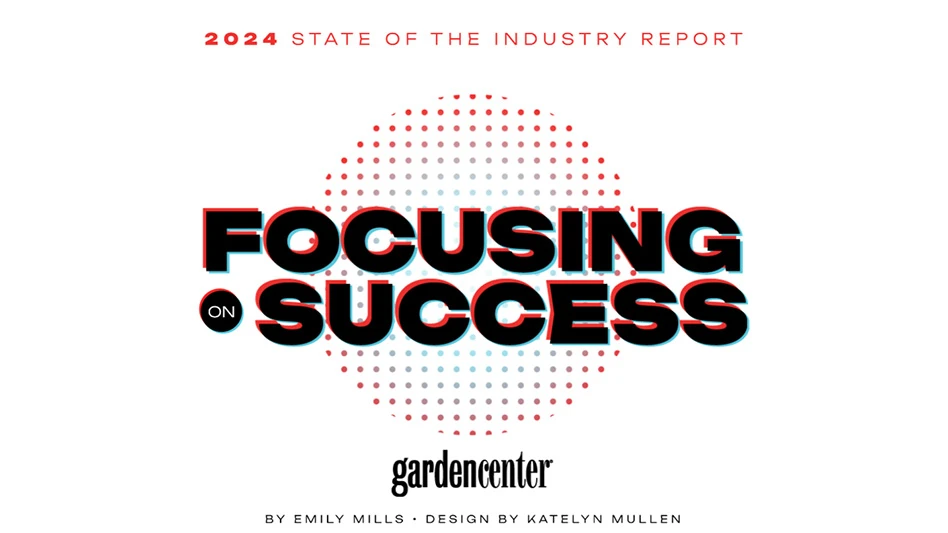
Of the estimated four billion American chestnut trees that once grew along the East coast, only a small percentage survive today. Researchers like Dr. Scott Merkle, associate dean for research and professor of at the University of Georgia’s Warnell School of Forestry and Natural Resources, are working to change that. The species was nearly wiped out by chestnut blight, a devastating disease caused by the exotic fungal pathogen Cryphonectria parasitica. This fungus was accidentally introduced into the U.S. more than a century ago as people began to import Asian species of chestnut.
Merkle has been working on developing a system for in vitro mass propagation of American chestnut for several years. This research is part of a biotechnological approach to aid with restoration of the species.
Research in Merkle’s lab has focused on the in vitro propagation approach known as somatic embryogenesis (SE), a tissue culture process that produces clonal populations of structures resembling seed embryos. Somatic embryos can be germinated to produce seedling-like plants (somatic seedlings). “SE is a very powerful technology, with the potential not only to generate thousands of chestnut somatic seedlings for planting stock, but also to provide the means for producing genetically engineered trees and for conserving chestnut germplasm for future use via cryostorage,” Merkle said.
Merkle initiated the first embryogenic American chestnut cultures more than 25 years ago, but production has remained a stubborn bottleneck. Merkle’s team can claim several victories, however. By applying a number of new treatments, including cold storage, activated charcoal and suspension cultures, his team was able to improve American chestnut somatic seedling production efficiency by over 100-fold (Andrade and Merkle 2005) and developed an Agrobacterium-mediated gene transfer system for the species (Andrade et al. 2009).
A stronger start
Prior to 2005, only a few handfuls of American chestnut somatic embryos had been successfully germinated and grown into somatic seedlings that could survive transplantation to the nursery or field. American chestnut seedlings from germinated nuts grow quite vigorously and are easily capable of reaching over 2 meters under optimal nursery conditions, Merkle wrote in a 2008 journal of Science and Natural History. To be desirable planting stock, the somatic seedlings should have similar growth potential. However, chestnut somatic seedlings characteristically get off to a slower start than zygotic seedlings and until recently, would seldom reach over 30 cm during their first season of growth in potting mix.
Merkle and his team believe underdeveloped root systems are largely responsible for slow growth of somatic seedlings relative to zygotic chestnut seedlings.
“If you’ve ever seen a regular chestnut seedling germinate, it puts down a massive, fat taproot that grows rapidly several inches down and starts branching,” he said. “Our embryos, we have to germinate them in vitro. Some of them will start out with a nice taproot, but it just stagnates. It doesn’t branch at all and it has no root hairs on it, because it’s in a gelled medium. Once we take that out and pot it, sometimes that root will continue to grow well, will become a branching root system and it will work fine. but a lot of the time that root just doesn’t grow much more.”
So Merkle’s team tested alternative approaches to germinate the embryos on gelled medium to find possible improvements to seedling production efficiency and quality.
First, they tested alternatives to peat-based potting mix to speed early growth. One of these alternatives is a plug made of a mixture of peat and polyurethane and manufactured by Grow-Tech. Since these FlexiPlugs can be safely autoclaved, Merkle’s team was able to transfer the newly-germinated somatic embryos to them and grow them under in vitro conditions until they are ready to be transferred to the hardening-off chamber. The results of the following experiments were encouraging.
In two experiments, hundreds of embryos representing five American chestnut lines were given a cold pre-germination treatment, transferred to vessels containing gelled medium and incubated for two weeks to initiate germination. Then, embryos were divided into four groups, and transferred to different treatments to complete germination.
In addition to the standard germination treatment on gelled germination medium, treatments included direct sowing on potting mix, polymerized peat plugs ex vitro or transfer to autoclaved polymerized peat plugs saturated with liquid GM in sterilized vessels (in vitro).
“We took the Grow-Tech FlexiPlugs and said, ‘We can autoclave these, make them sterile, we can sit them in TC medium, and they will wick up the tissue culture medium and we’ll grow the whole thing in a sterile plastic box,’” Merkle said. “That’s what we did.”
While conversion rates were low for all of the embryos and results varied with time, overall the highest frequency of somatic seedlings was obtained using the polymerized peat plugs in vitro. Furthermore, root systems of somatic seedlings in plugs in vitro were larger and had more lateral roots than those grown on gelled medium. Somatic seedlings in plugs removed from in vitro conditions and rinsed free of GM were successfully acclimatized in a hardening-off chamber. Following transfer to potting mix, they continued growth in the greenhouse.
“We did end up with some branching root systems,” Merkle said. “And the germination percentage was just as good as germinating them in vitro, but the root systems were better. You can see white roots sticking out through the sides of the Grow-Tech plug.”
The team concluded that polymerized peat plugs are a potentially superior alternative to gelled medium for germination of American chestnut somatic embryos. For all the embryogenic culture lines tested, plantlet production rates were higher for plugs than for gelled medium. Root systems of somatic seedlings germinated in plugs expanded more rapidly and produced more lateral roots than somatic seedlings germinated on gelled medium. In addition, Merkle said, somatic seedlings germinated in plugs in vitro required much less handling to transfer to ex vitro conditions than somatic seedlings germinated on gelled medium. The ability to sterilize the polymerized peat plugs for in vitro use makes them a very versatile substrate that should help improve the efficiency of American chestnut somatic seedling production.
The future
In the early days of his research, Merkle was working with very limited resources. But for the last 10 years or so, he’s had much more funding at his disposal. The experiments above were supported by a grant from the New York Chapter of The American Chestnut Foundation and by funds provided by ArborGen LLC. There have also been more willing collaborators and interest in restoring the American chestnut. For the past seven years, his lab has been collaborating with scientists at SUNY-ESF, Penn State, Clemson University and the U.S. Forest Service in an effort called the Forest Health Initiative to regenerate transgenic American chestnut trees engineered with candidate anti-fungal genes. Part of this effort involved scaling up production of embryogenic culture material using air-lift bioreactors (Kong et al. 2014). Hundreds of these transgenic trees have been planted in field tests to be screened for resistance to chestnut blight. Over the past few years, Merkle’s lab has also collaborated with scientists at The American Chestnut Foundation (TACF) to test its embryogenic culture system for its potential to propagate TACF's hybrid backcross material, including selected BC3F3 genotypes. Although pure Chinese chestnut and F1 hybrids could not be propagated using the system, embryogenic cultures could be started from BC3F3 material and dozens of BC3F3 somatic seedlings have been regenerated (Holtz et al., in press).
Photos of American chestnut seedlings in FlexiPlugs by John Bond.
Latest from Garden Center
- Veseris expands in turf and ornamental with acquisition of Tessman and Lynde companies
- Happy holidays from the GIE Media Horticulture Group!
- Plant Development Services, Inc. unveils plant varieties debuting in 2025
- Promo kit available to celebrate first National Wave Day on May 3
- Applications now open for American Floral Endowment graduate scholarships
- Endless Summer Hydrangeas celebrates 20 years with community plantings
- Invest in silver
- Garden Center magazine announces dates for 2025 Garden Center Conference & Expo





